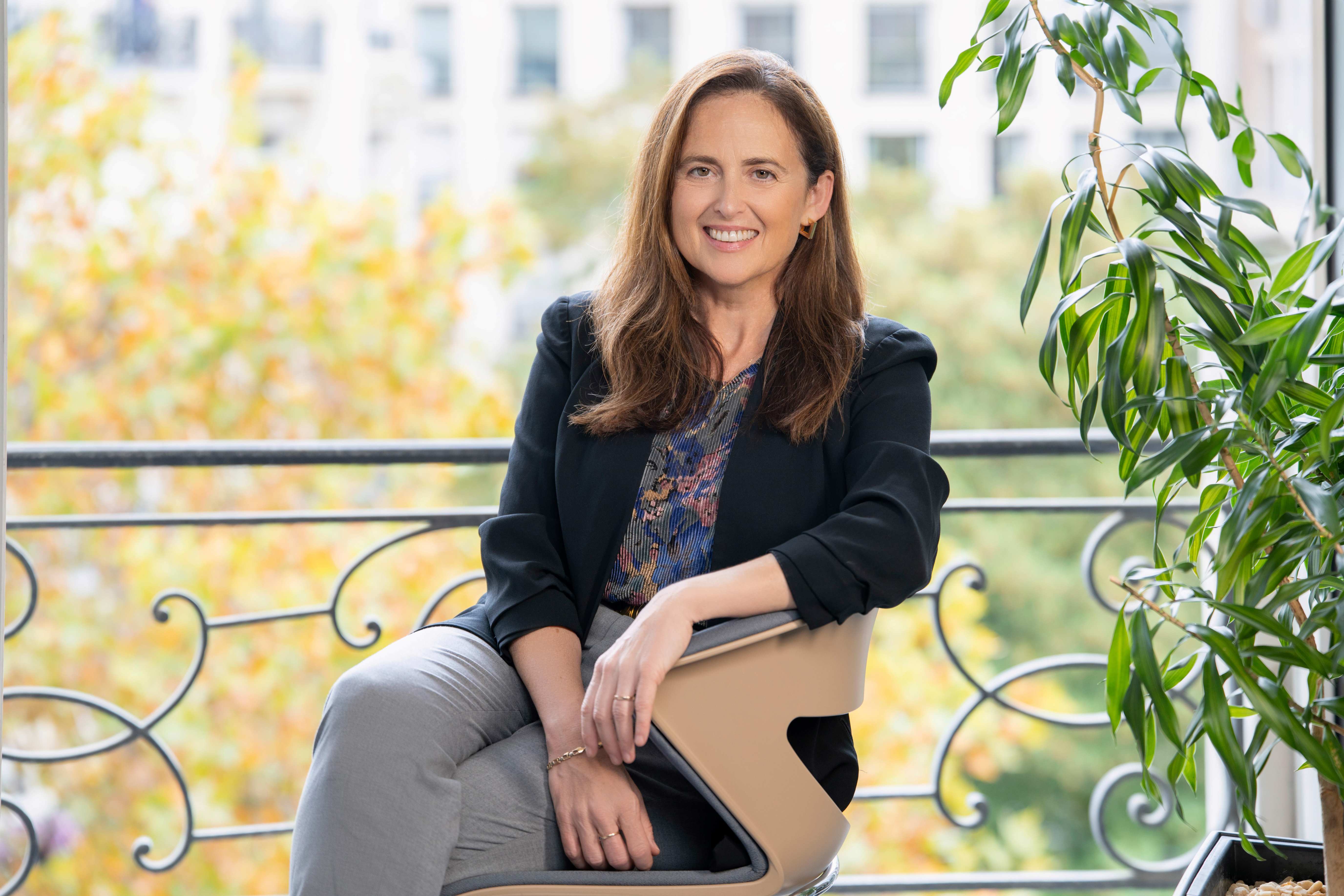Alzbeta Klein: Feeding a hungry world
Leadership Insights Newsletter story
Alzbeta Klein, CEO and Director General, International Fertilizer Association, discusses how her industry must balance sometimes competing targets of sustainability and food security

What challenges are you helping the industry to overcome since you became CEO of the International Fertilizer Association (IFA) in 2021?
As CEO I was given a “simple” task by the board: to move the industry forward on sustainability pathways. When you add acute food insecurity to the mix, as we have seen after the invasion of Ukraine, it changes a lot of priorities. People have perhaps been lulled into a false sense of security about global food production. Since the war, numbers of people starving have increased tremendously. It has shown just how essential mineral fertiliser is to the world. While we’ve invited organic and biological providers and other novel fertilising and plant nutrition methods to join our organisation, at the moment there is no replacement for mineral fertilisers at the scale required.
We have had two sets of crises to deal with: how do we get wheat and other grains to countries that are dependent on the Black Sea region as a source, and how do we get fertilisers to the farmers in places that are in desperate need of them – in regions such as Sub-Saharan Africa. Our industry put our heads together with Rabobank – an agricultural bank – and the Bill and Melinda Gates Foundation to create a programme called Sustain Africa. This allowed IFA members to be able to provide discounted fertiliser to Sub-Saharan African farmers, coupled with concessional finance from Rabobank Foundation and the Bill and Melinda Gates Foundation.
During this time, sustainability never left the table. Managing these issues at the same time has been one of the biggest challenges of the past year.
While juggling food security solutions, what progress did you make on the industry’s sustainability goals in the past year – particularly around CO2?
We continued sustainability work at full speed in 2022. For us it comes in two parts: what happens in the factory, especially in the production of nitrogen-based fertilisers (Scope 2 emissions) and what happens on the farm (Scope 3 emissions).
For factories there is a lot of work around carbon capture and storage and measures to lower CO2 footprint – things that we have highlighted at the study with the European bank for Reconstruction and Development (EBRD) and the International Energy Agency in our Ammonia Technology Roadmap. We are currently doing a detailed study with the EBRD on how to improve sustainability in fertiliser production for major producers like Egypt – and will do the same for Turkey, and other countries.
Last year we did the first Scope 3 emissions study for our industry with Systemiq in London, which was endorsed by the US Special Presidential Envoy for Climate Secretary John Kerry.
The study aims to help guide a long-term strategy on decarbonisation in our industry. We found that emissions of nitrous oxide, a GHG with a warming potential of around 300 times that of CO2, could be reduced by up to 70% with various solutions including greater nitrogen use efficiency (how much fertiliser a plant can take so that less gets leached into the environment). The remaining 30% will need to come from sequestering carbon in soils, which can be supported by fertilisation practices to increase biomass production. The industry needs to take the responsibility to educate and do the outreach to farmers to improve those processes.
Are new trade routes opening up as a result of the impact of climate change or geopolitical instability? And what will shipping’s role be?
Ours is a very dynamic industry so it’s not easy to say exactly where new markets will emerge. For example, these days Russian fertiliser is sometimes being transported all the way to China on rail and then picked up in the Far East for distribution. Even though it’s a longer route, this gets the product out to farmers and to the market because of how vital it is for food security. Mineral fertiliser cannot be transported easily: it is massive tonnage to be loaded, offloaded and transferred huge distances. Shipping is and will continue to be essential in this.
What kinds of collaborations with governments or industries are in the pipeline to further support your core goals on sustainability and food security?
A number of decisions being taken by the International Maritime Organization (IMO) directly or indirectly touch our industry, so we have recently requested a seat at the table. While we applaud the sustainability efforts, it can sometimes create unintended consequences for global food production. We have heard from shipping companies that they will sometimes skip ports that have long wait times to achieve a good CII rating – which is a warning sign for food security. If carbon footprint calculations mean fewer calls at the port of Mombasa or Los Angeles, that’s a big issue. Farmers need fertilisers on time or they are useless for crops. We would like to work together to find solutions for such unintended consequences.
Another example is a potential use of ammonia for shipping fuel. While we applaud the initiative, we need to understand long term market implications for farmers.
What message would you want shipping leaders to take away regarding sustainability?
Both of our industries are labelled hard to decarbonise. But as one of our industry leaders says “It’s not hard to decarbonise, it’s expensive to decarbonise”. It is doable and it is critical. We both have a tremendous challenge but also an opportunity. The business models of tomorrow will emerge based on the constraints that we have today.



